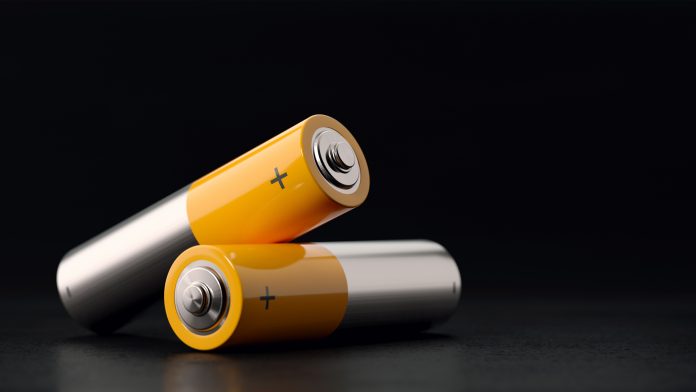EUROBAT, the association for the European automotive and industrial battery manufacturers and supply chain, underlines three essential points in its response to the European Commission’s new battery regulations.
Yesterday the European Commission published its proposal on new battery regulation in the EU. According to EUROBAT, this is a long-awaited and crucial piece of legislation that will define the framework for current and future investments in the European battery eco-system. The new Regulation will provide an updated battery policy framework in view of the essential role of batteries in achieving a climate neutral EU society by 2050. It will also contribute to the competitiveness of Europe in the context of the Green Recovery and the global battery market, estimated to be more than €130bn by 2030.
Dr Marc Zoellner, President of EUROBAT and CEO of Hoppecke Batteries, said: “This proposal is an important milestone. All battery technologies and applications will be regulated by this new piece of legislation, stretching all the way from batteries in vehicles and forklift trucks to energy storage and telecommunications. European manufacturing must take a leadership role for a sustainable future, to which all battery technologies will contribute.”
Green battery production in Europe
A spokesperson for EUROBAT states that: “Europe must be able to take the lead in designing and building the most environmentally sustainable energy storage solutions, and we appreciate that the spirit of the proposal goes in this direction. We welcome that the proposal addresses environmental issues, but also social and market realities, recognising an approach based on sustainability: batteries placed on the EU market must respect stringent environmental parameters, including high recyclability, low carbon footprint, and ethical sourcing of raw materials.”
EUROBAT also suggests that, in order to avoid hindering innovation in the sector, the regulation should not be too prescriptive: for instance, efforts to standardise the way battery packs are designed, as part of the EU’s planned standardisation request, would go against optimising design for high-performance, energy-efficient battery products.
Legislative coherence and holistic approach
Batteries and substances used in batteries currently fall within the scope of the Batteries Directive, the End-of-Life Vehicles Directive, and REACH. This creates legislative overlaps, a lack of business certainty and incoherent policy directions.
EUROBAT’s spokesperson added: “We therefore strongly welcome the fact that the new proposal looks at the battery sector holistically and moves towards a risk-based approach, taking into account chemicals management, occupational health and safety policies, competitiveness and sustainability.”
However, the new regulation needs to be the sole reference for the legislative framework on batteries. Adaptations in this regard are needed in the new Batteries Regulation, but also in a revised End-of-Life Vehicles Directive.
Support for the production of all battery technologies in Europe
All battery technologies are essential for society to tackle climate change and support the decarbonisation of the transport, energy, logistics, production, and telecommunications sectors. Each application requires specific features, and no single battery technology can meet all the challenges of end-user demands.
EUROBAT added: “We therefore appreciate that in most cases the proposal looks at the specificities of each battery technology and applications when it comes to recycling efficiency, collection, and information requirements. For instance, the proposal correctly recognises that automotive and industrial batteries are collected at the end of their life, and rightly includes a continuation of the current no-losses policy in this regard.”









